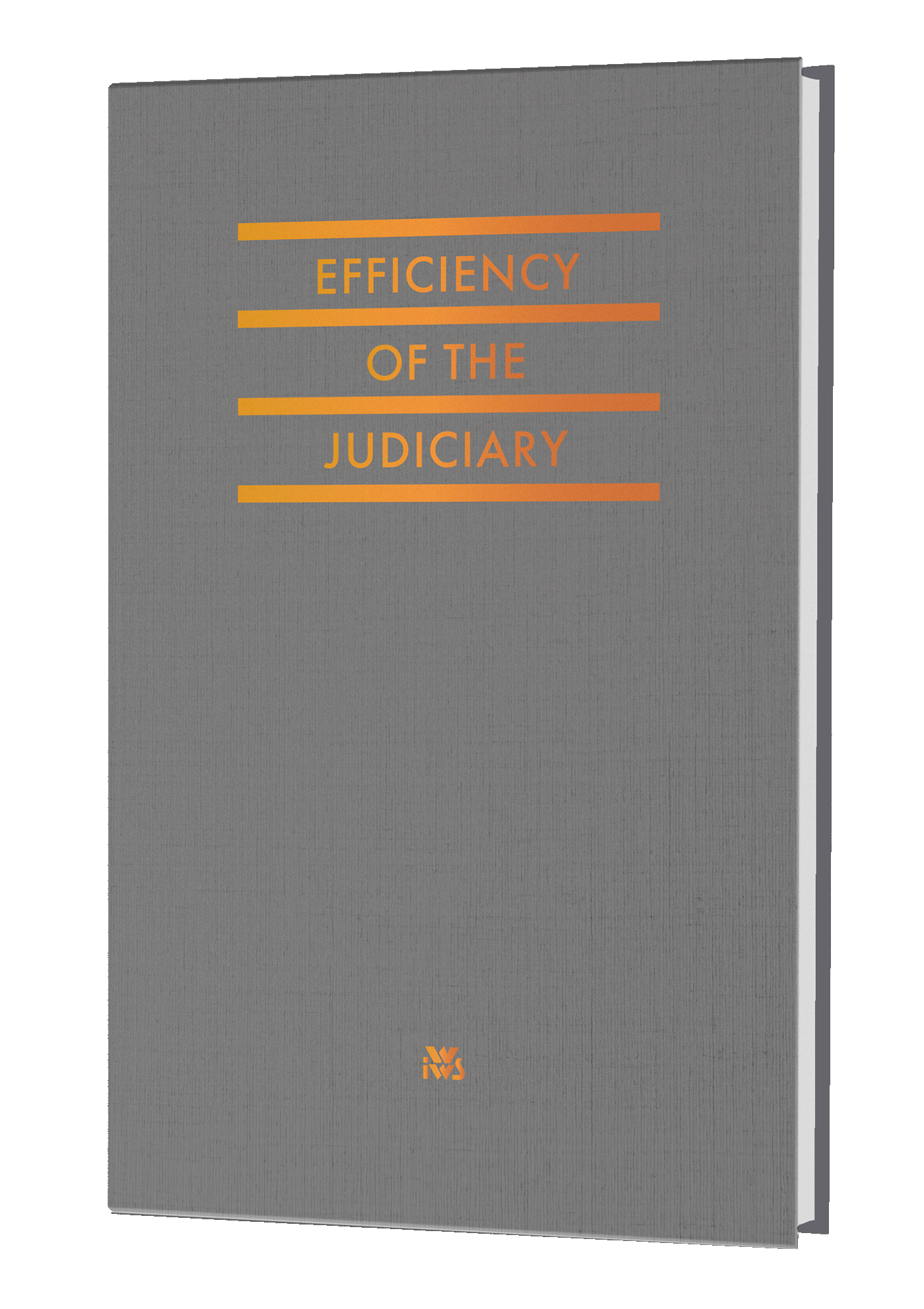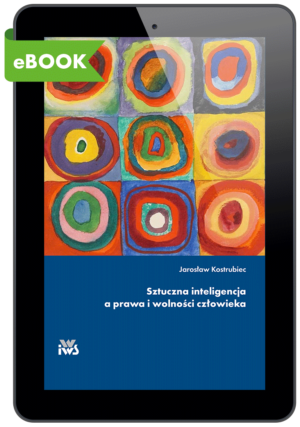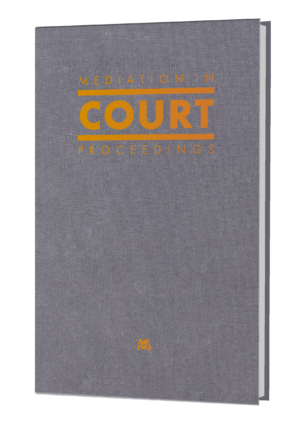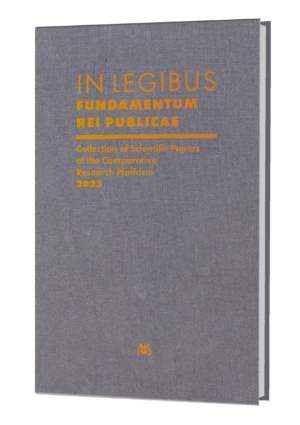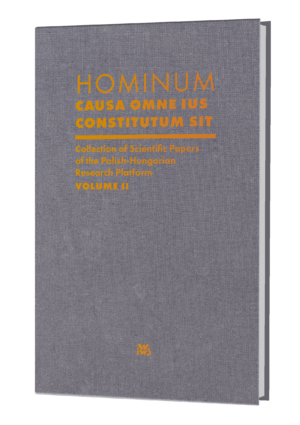The effectiveness of justice is of critical importance in every state. This expectation and value require justice that is fair, swift and efficient, convincing, and accurate. This is the result of the interplay of several factors. High quality of legislation, training, salaries, caseload, and cultural environment are all factors contributing to the good administration of justice. Obviously, there are no perfect systems, and the promise of perfection is in itself a sham. However, the highest possible quality standards must be applied. The human factor is significant in this context. This added value makes it possible to state that, except for very simple cases, justice cannot be entrusted to artificial intelligence. Since difficult cases are unique in themselves, they are less likely to be resolved by algorithms as it is precisely their uniqueness that requires to entrust the resolution of disputes to a judge, a human being invested with judicial power. From my ongoing, broader research on the functioning of the higher courts, I would like to highlight two issues in this paper. Both are related to current Hungarian legal and doctrinal debates, triggered by amendments introduced by a reform of law: Act CXXVII of 2019.



